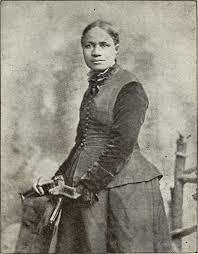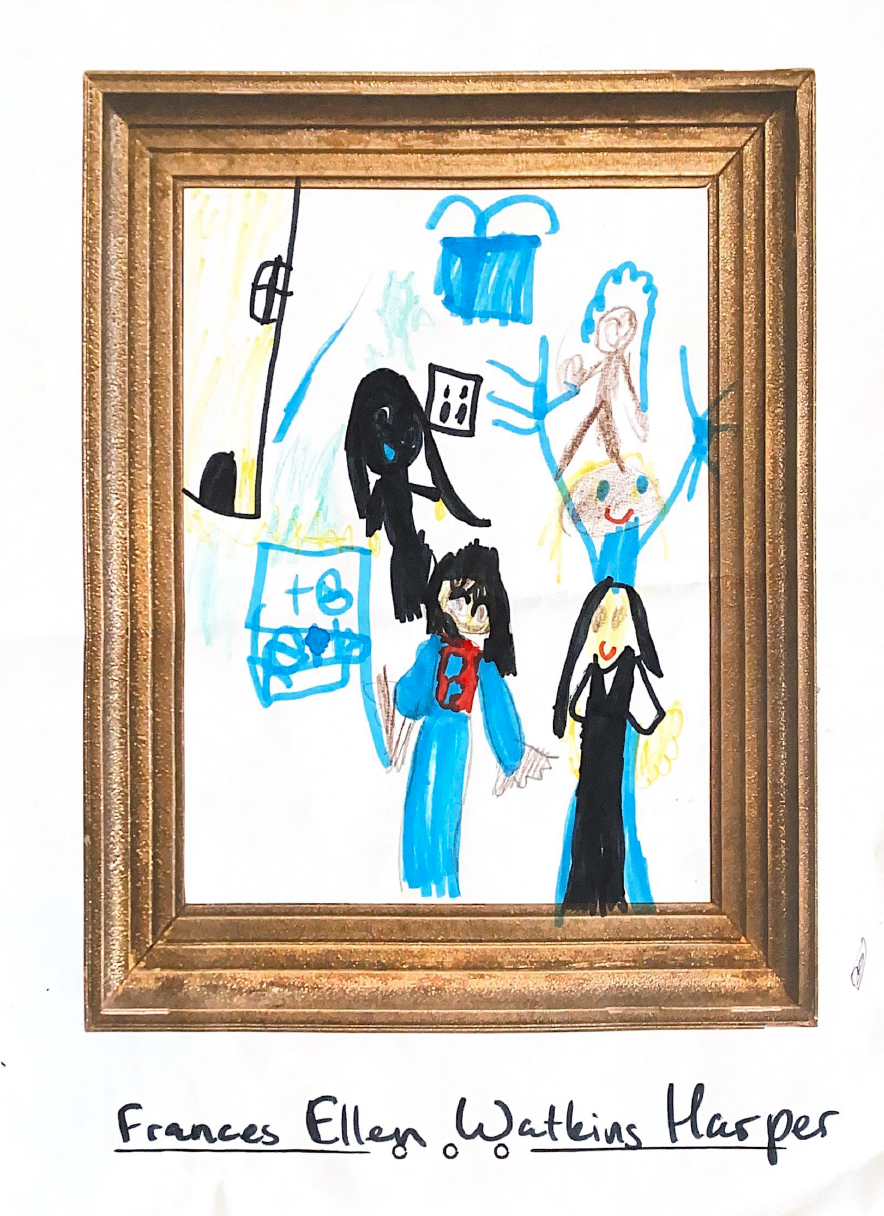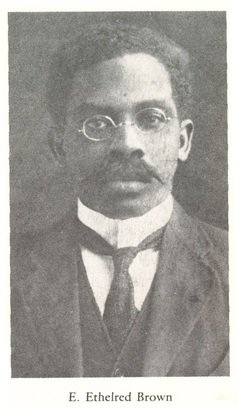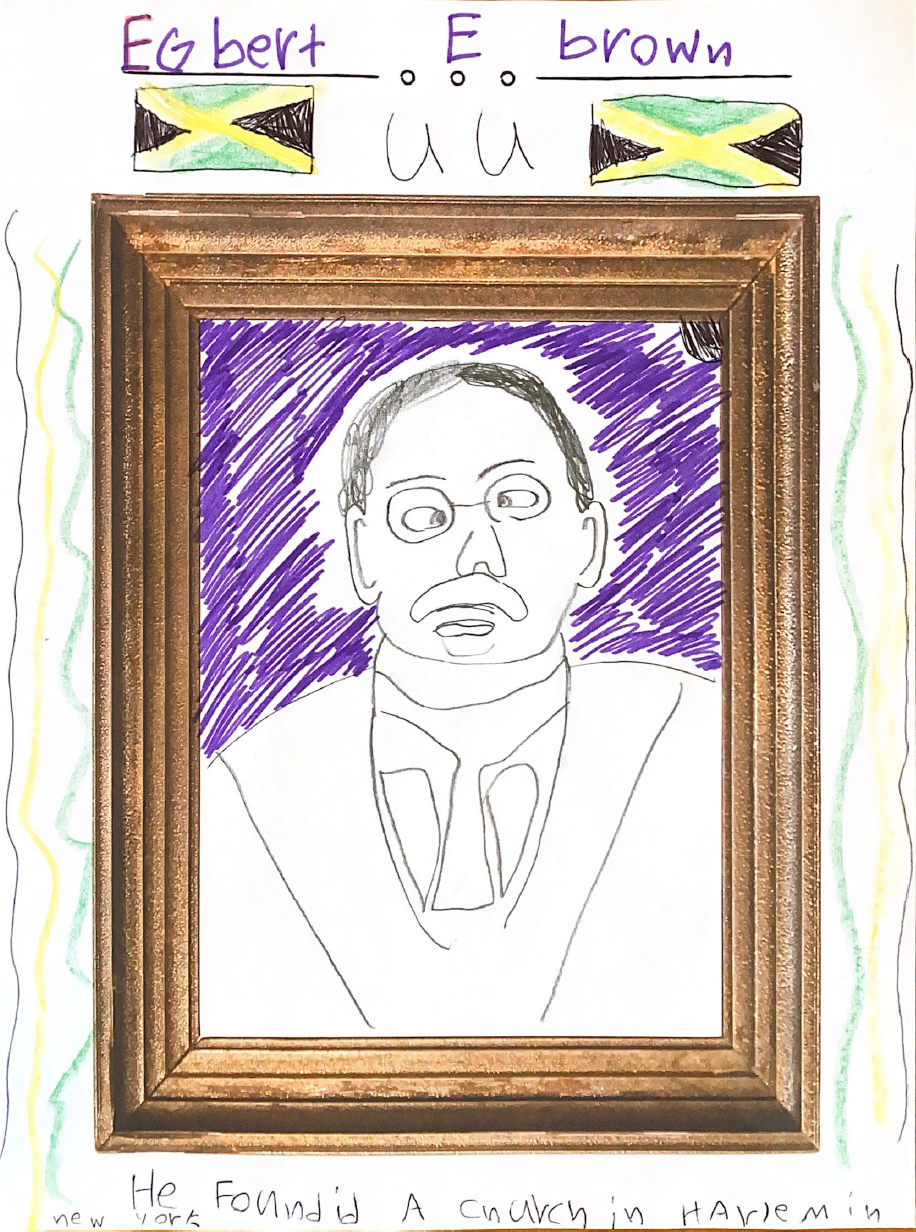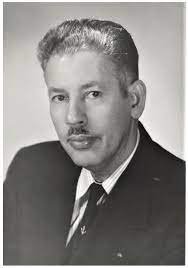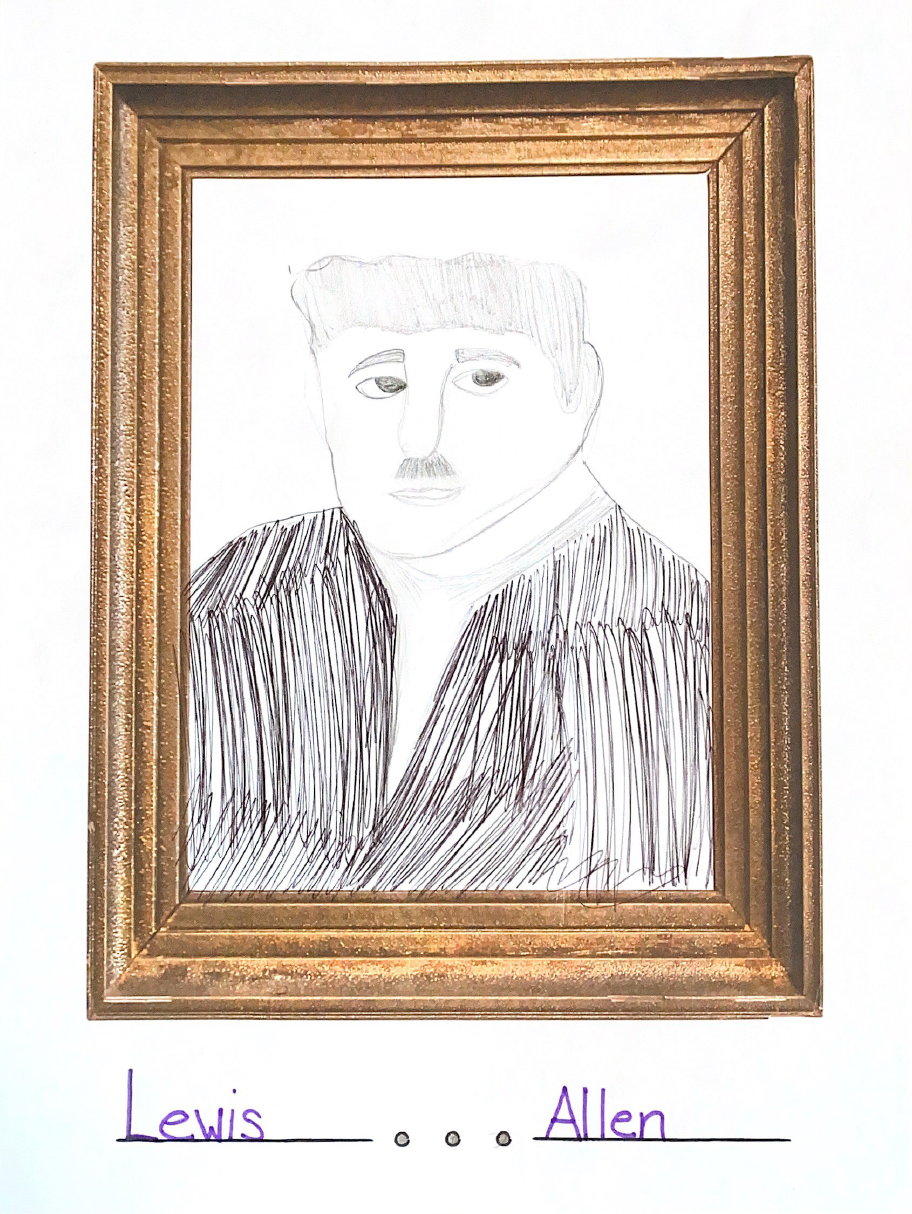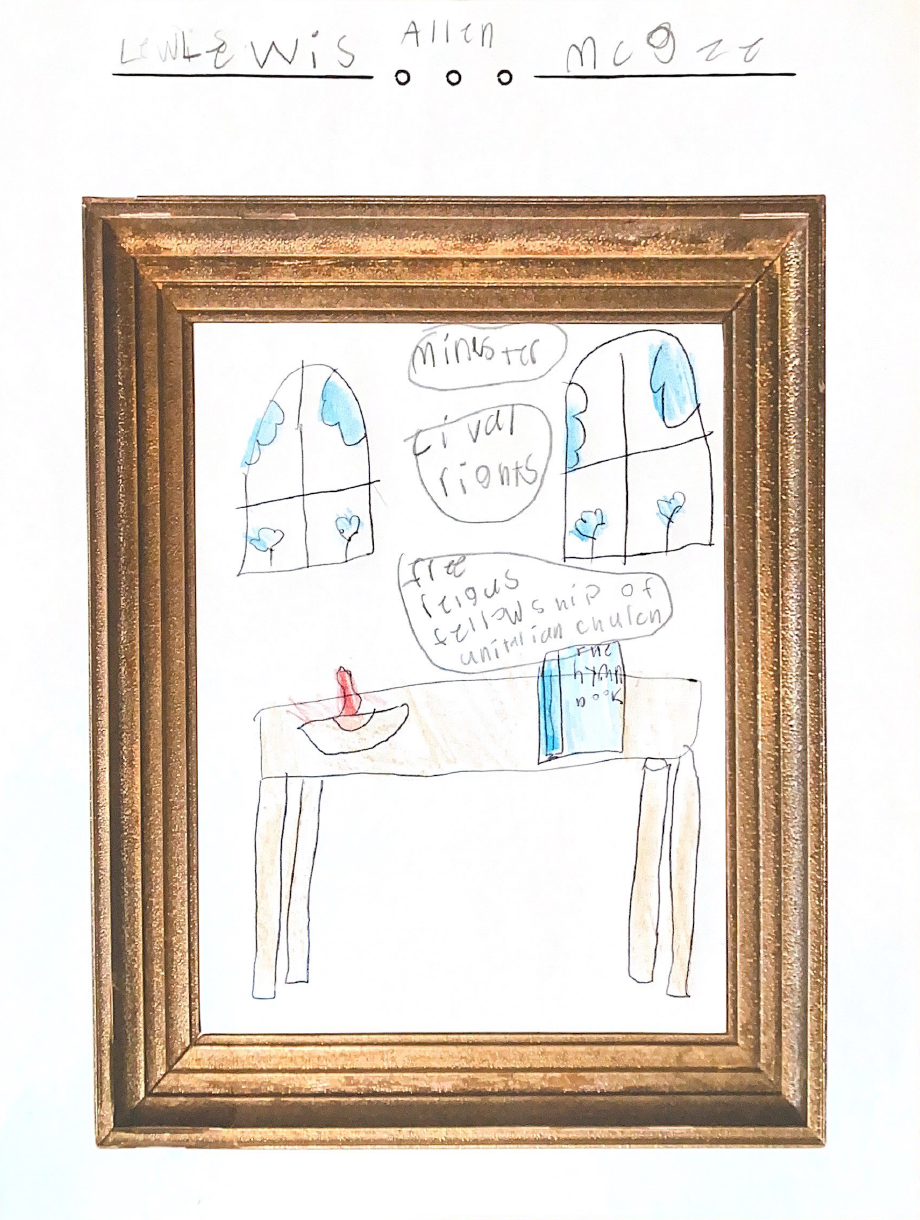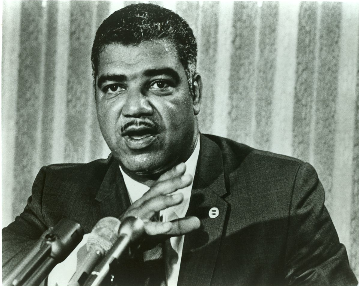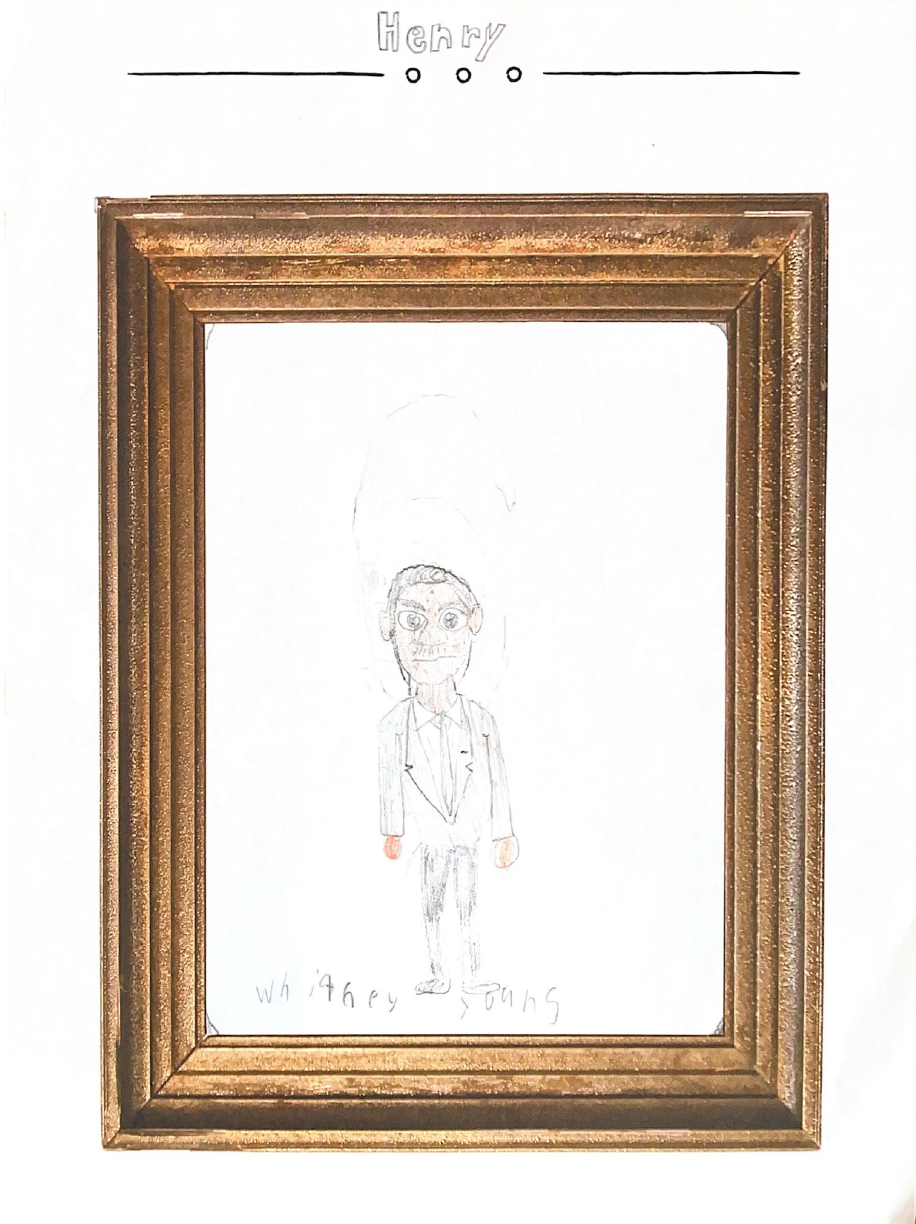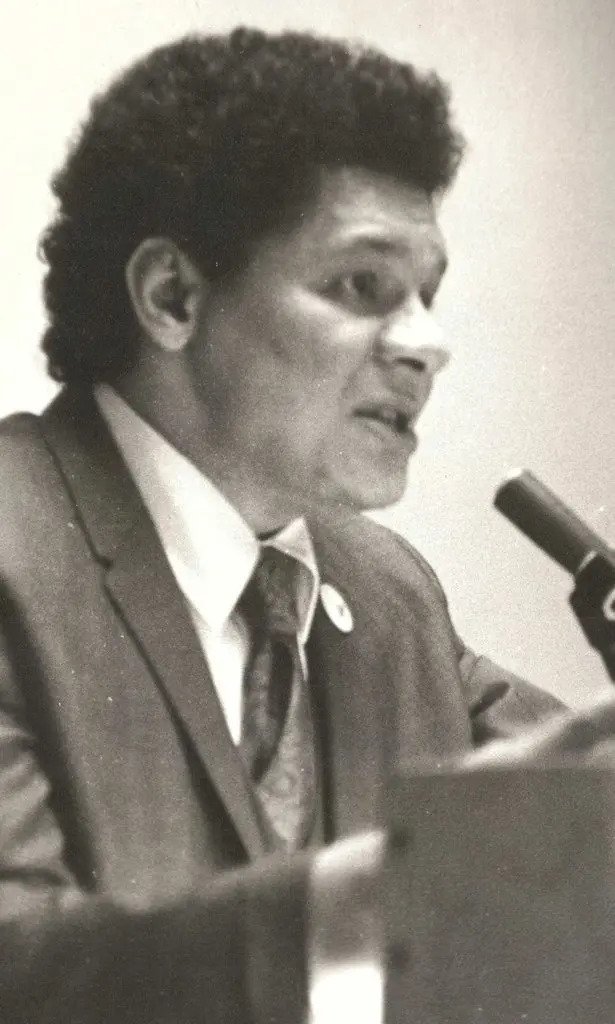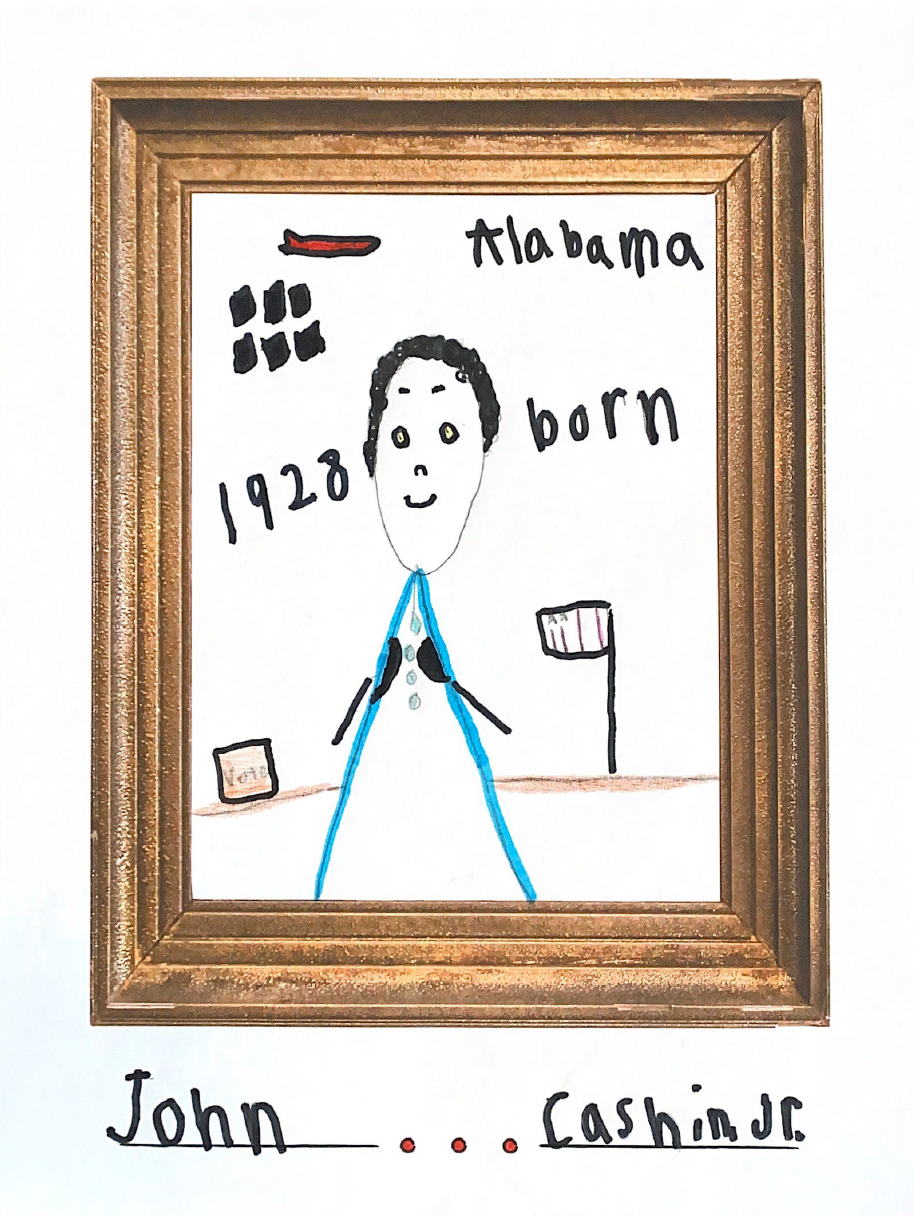Last week in Sunday School, we honored Black History Month by learning about some Black Unitarian, Universalist, and UU historical figures. We wanted to share some of what we learned with you, along with portraits drawn by our Explorers and Navigators classes.
Frances Ellen Watkins Harper, 1825-1911, was a poet, author, abolitionist, suffragist, and Unitarian. She joined the American Anti-Slavery Society and gave lectures around the country, and after the Civil War she moved to the South to teach newly free Black people. She also toured and lectured on suffrage, or voting rights, and was instrumental in encouraging the movement to support the right of all women to vote, not just white women. She helped found the National Association of Colored Women, which fought against racism in progressive spaces. Harper was the first black woman to publish a short story and one of the first to publish a novel. Much of her writing involved the themes of her activism.
Egbert Ethelred Brown, 1875-1956, was a Unitarian minister and a leading voice in promoting the independence of Caribbean nations. Brown was born in Jamaica, and was interested in Unitarian theology from the time he was a child, but there were no Unitarian churches in Jamaica for him to attend. As an adult, he went to seminary and founded a Unitarian church in Harlem in New York. This was during the Harlem Renaissance, a time and place where the black community was able to come together and explore and express their culture. Brown’s church was a part of this, and his activism was interwoven with his ministry. The church was home to a number of activists, and hosted many radical speakers.
Lewis Allen McGee, 1893-1979, was a Unitarian minister and activist in the civil rights movement. McGee was ordained in the African Methodist Episcopal Church, an all-Black Christian church, but later went to a Unitarian seminary and founded the Free Religious Fellowship of the Unitarian Church in Chicago. He was an army chaplain in WWI and WWII, which influenced his desire to preach in interracial churches, which were very uncommon at the time. He was one of the first Black Unitarian ministers.
Annie Bizzell Jordan Willis, 1893-1977, was a religious educator and advocate for integration in UU churches. Her parents started the Suffolk Normal Training School, a school for black children funded by the Universalist church. Jordan Wallis taught there, and eventually took over her father’s role as Superintendent. As the needs of the community changed, the school became Jordan Neighborhood House, and focused more on social services. But Jordan Wallis was always a proponent of integrated education, and founded the first integrated Head Start (pre-school) program.
Whitney Young, 1921-1971, was a Civil Rights Leader. He was a soldier in WWII, where he and the other black soldiers weren’t treated well by the white officers in charge. After the war, he joined the National Urban League, a group that worked for social justice for African Americans. He started as a volunteer at one location, and eventually became the executive director (the person in charge) of the entire organization. Young accomplished many things while in this position, but one of his major accomplishments was working to get African Americans access to jobs that usually only hired white people. Young was also one of the organizers of the March on Washington, where Martin Luther King Jr. gave his “I Have a Dream” speech.
John Logan Cashin Jr., 1928-2011, was the founder of the National Democratic Party of Alabama (different from today’s Democratic party). This party was opposed to segregation, and aimed to help African Americans run in Alabama’s elections. At this time, ⅓ of the states population was Black, but all of their elected officials (governors, mayors, reps, etc.) were white. There were laws that made it hard for black people to vote, let alone run for office, and Cashin wanted to change this. Cashin lost his own run for governor, but helped many others succeed in their races.
Since it’s Black History Month, we focused on historical figures, but there are lots of Black UUs at the forefront of activism (and other important work) today. Black Lives of Unitarian Universalism, or BLUU, is an organization that works to expand the power of Black UUs within Unitarian Universalism, provides resources and support, and works for justice and liberation. You can learn more about BLUU here.

